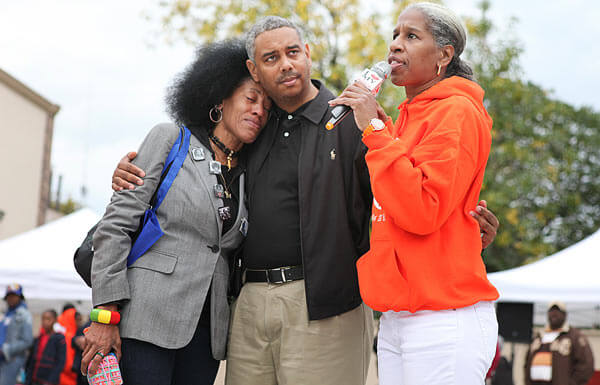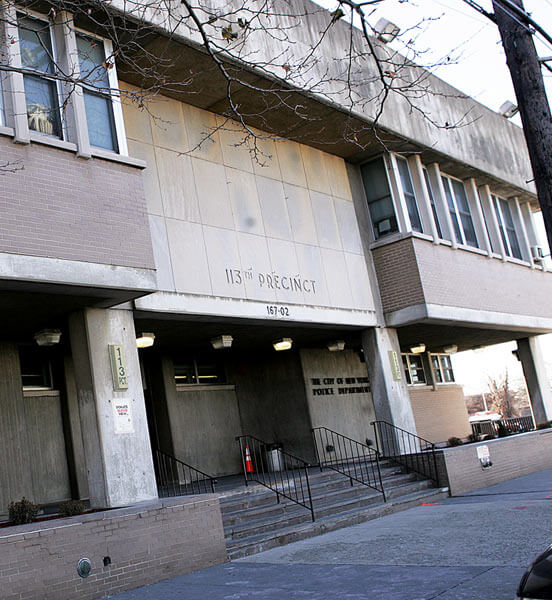By Rich Bockmann
Gun violence in South Jamaica has dropped precipitously since the City Council implemented a pilot program last year based on the Cure Violence initiative, a project out of the University of Illinois-Chicago that approaches violence as a public health crisis.
Now the Council is looking at violence from an economic development point of view.
The Council’s Economic Development Committee last week held a hearing on a bill introduced by Councilman Ruben Wills (D-Jamaica) that would create a commission to investigate and address the root causes of violence every three years.
“We are now trying to identify or drill down to the root causes of violence, which plagues many of our communities, which adds to many of the negative impacts such as disinvestment and lower property values,” Wills said.
As part of a task force to investigate gun violence announced in 2011, the Council created pilot programs in five high-crime neighborhoods that marry the interruption and outreach components of the Cure Violence initiative with a holistic effort to coordinate city agencies and community support groups.
The NYPD’s most recent crime statistics show that South Jamaica’s 113th Precinct has counted six murders so far this year, down 63 percent from the same time in 2012. Shooting incidents have dropped 33 percent.
In an assessment released in August of South Jamaica’s program, which is headed by Erica Ford’s LIFE Camp, the John Jay College of Criminal Justice noted the positive relationship with the Police Department as one of its strengths, but said funding and continuity posed challenges.
“Each provider partner received its funding at different times, which prevented the initiative from establishing coordinated strategies at start-up,” the report said. “Additionally, there is an ongoing need for more complementary services for participants, such as drug rehabilitation, as well as counseling and human resources supports for staff.”
Committing funding and coordinating efforts were the main points stressed by about 20 intervention specialists who testified at the hearing in favor of the bill.
Richard Glover, who heads the school safety division of Columbia University’s School of Social Work, said he favored the framework that the Federal Emergency Management Agency uses, which measures crises in order to decide how best to allocate resources.
“It provides policymakers with a context in which to set priorities and comprehensive approaches to address violence — how much prevention, how much intervention, how much response,” he said.
And as any economic development specialist will tell you, you have to spend money to make money.
“As we approach it we’re going to find probably that it’s fixable — it’s doable — but it’s going to be hard,” said Allan James, a program manager at the Center for Court Innovation. “It’s going to be expensive and when we discover that, I hope we don’t shrink from it.”
Reach reporter Rich Bockmann by e-mail at rbockmann@cnglocal.com or by phone at 718-260-4574.


































